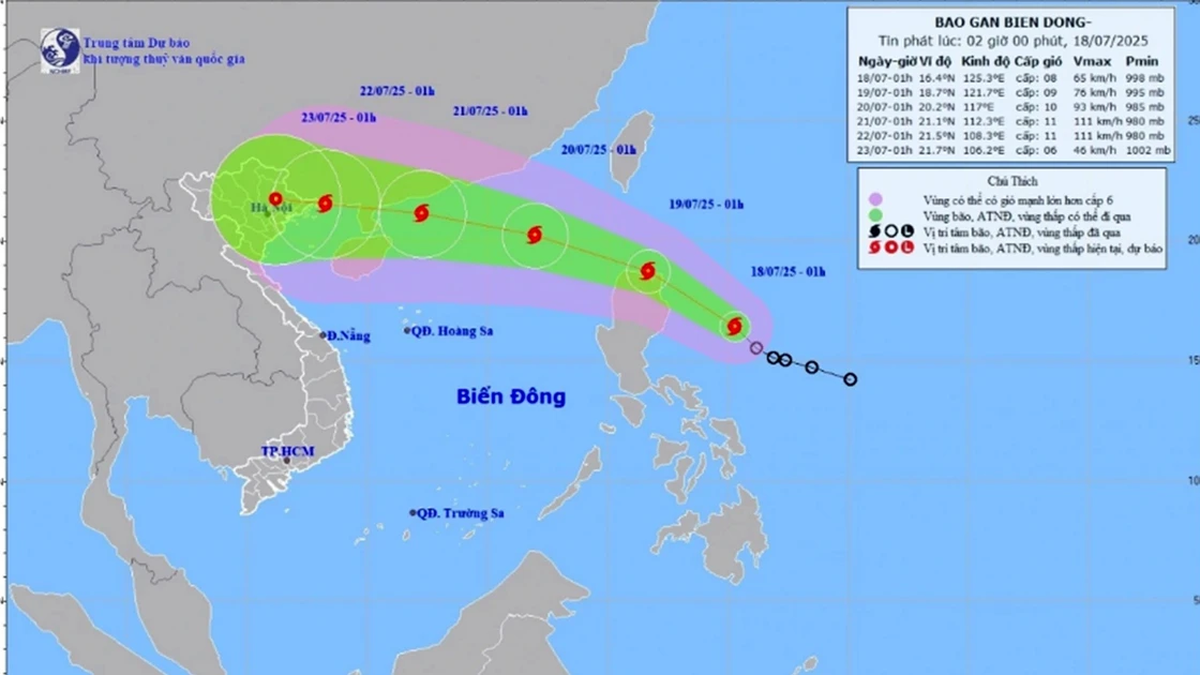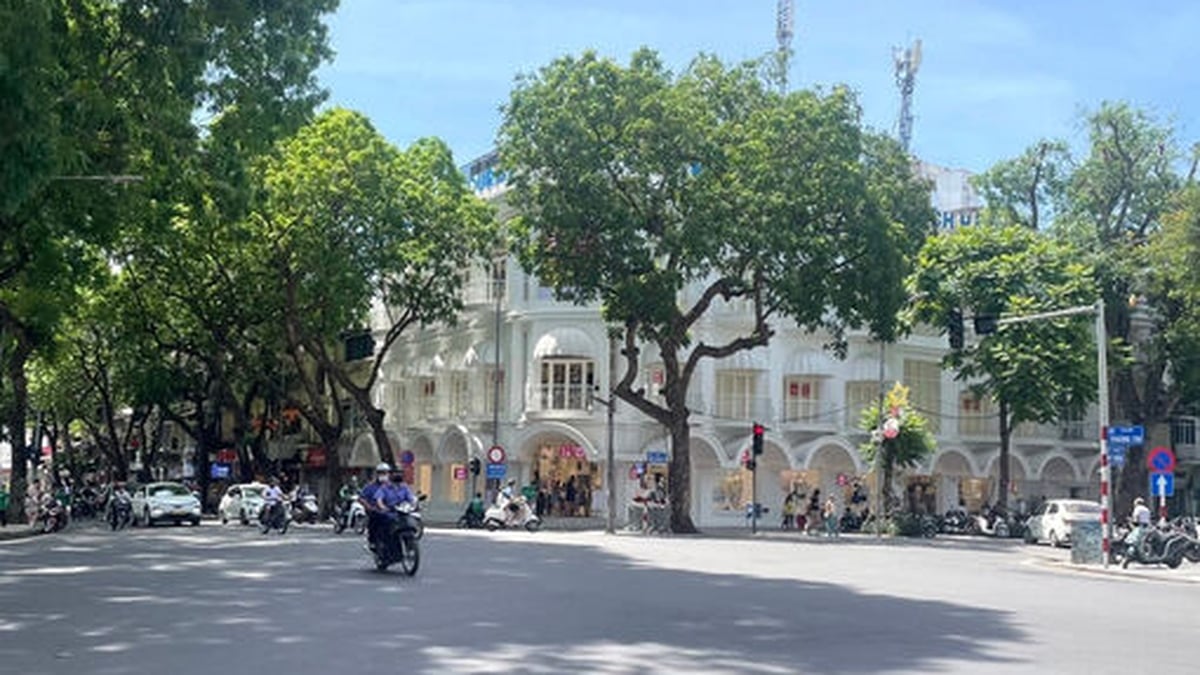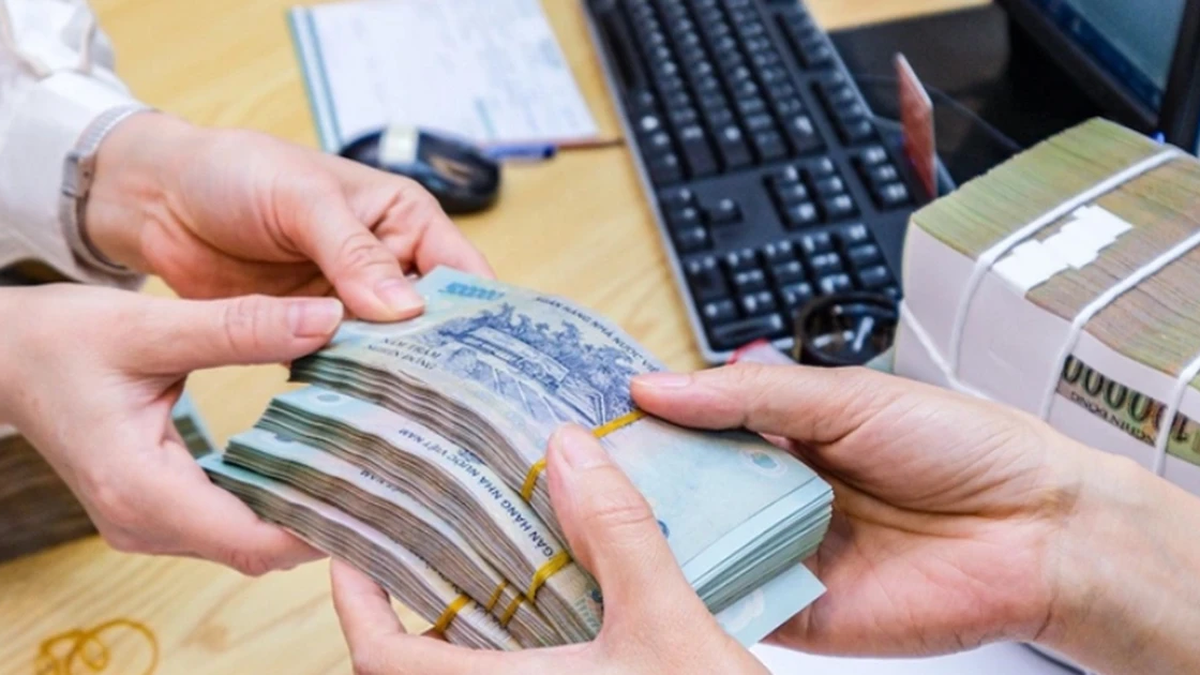According to statistics from the World Health Organization (WHO), the price of a pack of cigarettes in Vietnam is only about 0.9 USD, ranking 15th out of 19 countries in the Western Pacific region.
Ms. Phan Thi Hai talks with reporters. |
In fact, a 2023 survey by the University of Public Health showed that in Hanoi and Ho Chi Minh City, there are up to 40 cigarette brands sold for less than 10,000 VND/pack, with many types only ranging from 7,000 to 8,000 VND.
The low price makes cigarettes accessible to everyone, especially teenagers and low-income people - the groups most vulnerable to the harmful effects of tobacco.
Although Vietnam has applied a special consumption tax on cigarettes at 75% of the factory price, due to the proportional tax calculation mechanism, the actual tax collection is still low and not enough to impact consumer behavior.
A pack of cigarettes retailing for VND10,000 is taxed at only VND3,900 because the factory price is too low. Therefore, each 5% tax increase is equivalent to an increase in price of less than VND300/pack, which is not enough to curb consumption in a context where income and inflation are both increasing every year.
At the workshop on tobacco harm prevention held on May 8, Master Phan Thi Hai, Deputy Director of the Tobacco Harm Prevention Fund, affirmed that increasing tobacco tax is the most effective and necessary solution at present.
According to calculations by the Ministry of Health and WHO, if Vietnam applies an absolute tax of VND15,000 per pack by 2030, the government can collect an additional VND46,400 billion per year, nearly three times the current revenue (VND17,400 billion). More importantly, this measure can help reduce the number of smokers by up to 3.2 million, contributing to protecting public health and reducing the medical burden.
International experience shows that significant increases in tobacco taxes are feasible and effective. After tax reform in 2012, the Philippines saw tax revenues increase from $680 million to $2.9 billion in a decade. At the same time, smoking rates fell from 27% to 19.5%.
In Thailand, between 1993 and 2017, the country increased tobacco taxes 11 times, causing the smoking rate to drop sharply from 32% to 19.1%, while tax revenue increased fourfold.
Meanwhile, Vietnam currently has more than 15 million smokers. Each year, tobacco causes about 104,300 deaths, of which 85,500 people die from direct smoking and 18,800 die from passive smoking.
The economic loss caused by tobacco, including medical costs and lost labor productivity, is estimated at VND108 trillion per year, more than five times the tax revenue from this industry.
To overcome current shortcomings, the Ministry of Health and WHO propose to apply both types of taxes in parallel: maintaining the 75% tax rate and adding an absolute tax, with a specific roadmap.
Specifically, from 2026, each pack of cigarettes will need to be taxed at least 5,000 VND, increasing to 15,000 VND by 2030. This tax level could significantly increase the price of cigarettes, thereby making the product less attractive, especially to young people and the poor.
Tobacco tax reform is not only a fiscal policy but also an important public health measure. In the context of the increasing burden of disease and death caused by tobacco, increasing taxes is the most urgent and sustainable measure to protect public health, reduce medical costs, and increase government revenue.
Vietnam cannot delay any longer in adjusting its tobacco tax policy if it wants to achieve its sustainable development goals and improve public health.
Source: https://baodautu.vn/tang-thue-thuoc-la-co-the-giup-hon-3-trieu-nguoi-bo-thuoc-d280233.html






































































































Comment (0)